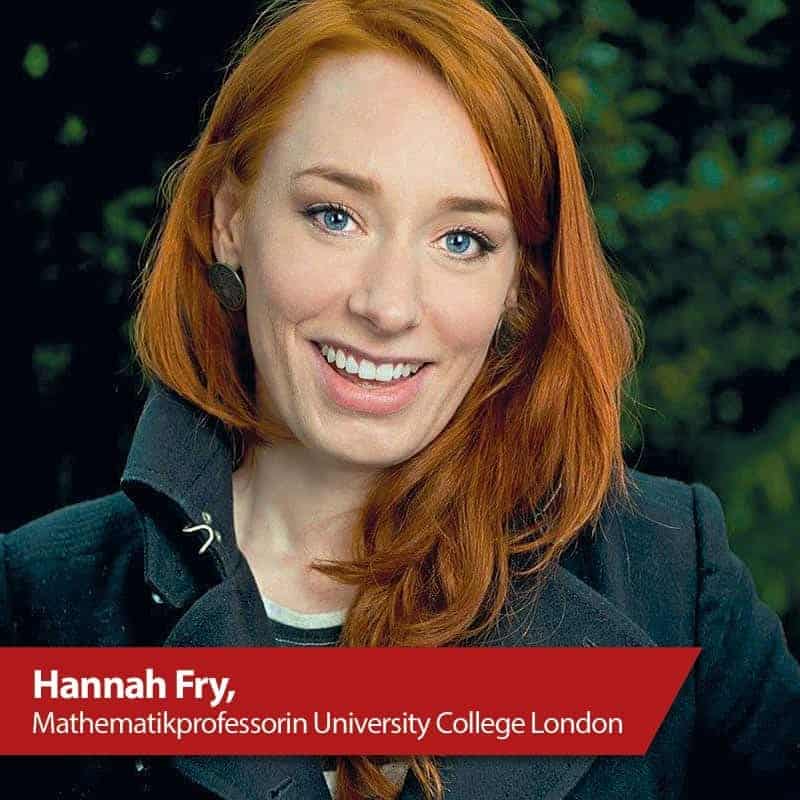

The call for a Hippocratic oath in research is not new. Following the example of the medical profession, other scientists should also be bound by such a public commitment to moral conduct.
This idea has been supported for decades by Unesco, numerous representatives of research institutes, scientific associations and ethics committees, among others.
For more than 2500 years, doctors have adhered to the Hippocratic Oath, which, although not binding as an ethical code for medical practice, is highly regarded.
In the wake of the increasing influence of algorithms on our everyday lives, of which we are sometimes not even aware, the discussion about ethical self-commitment in technical professions is picking up speed again.
"We need a Hippocratic oath, as it exists for medicine"
Hannah Fry, a mathematics professor known from various TED Talks, told The Guardian.
In medicine, you learn about ethics from day one, but it hardly plays a role in mathematics. The Brit would like to change that:
"Ethical principles must be at the forefront of our minds from day one"
is their demand.
However, thinking about problems in the real world is different from thinking about them in closed systems. The 35-year-old professor is well aware of this:
"Mathematicians, computer engineers and physicists are so used to abstract problems that they rarely think about whether the application of their work in practice could violate ethical rules.
An ethical pledge, on the other hand, would oblige scientists to think carefully about the potential use of their work and force them to only pursue approaches that at least do no harm to society"
says Fry.
She warns that researchers are now building systems that collect and sell personal data, exploit human weaknesses and make life-or-death decisions.
"In the technology companies of the world today, we mostly find very young, very inexperienced and often white men. They've never been asked to think about how other people's perspectives on life are different from theirs, and ultimately these are the people who are shaping the future for all of us."






